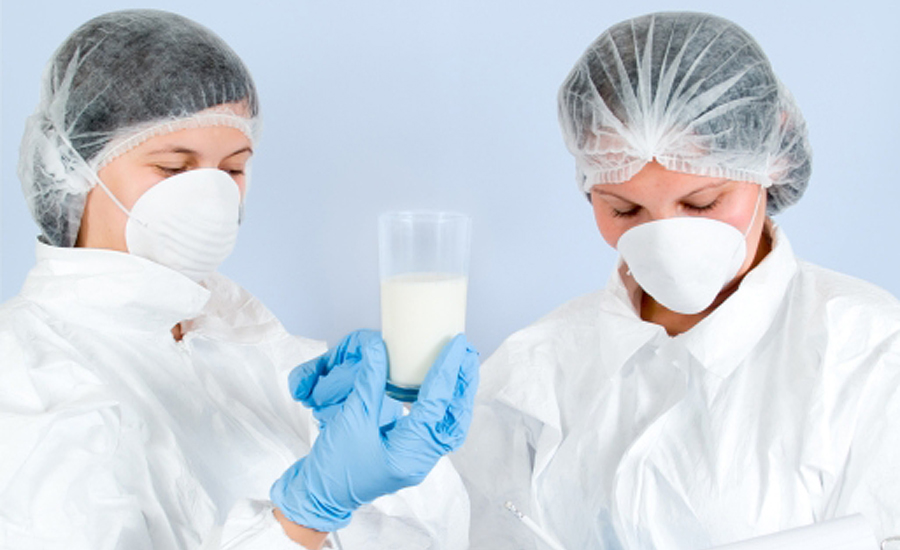Purdue University, West Lafayette, Ind., received $10 million from the United States Agency for International Development (USAID), Washington, D.C., to establish what is said to be the first-ever Feed the Future Innovation Lab for Food Safety (FSIL).
Haley Oliver, associate professor of food science at Purdue University, will direct the lab in collaboration with Cornell University, Ithaca, N.Y. Scientists will develop programs to improve food safety in Bangladesh, Kenya, Ethiopia, Senegal, and Cambodia.
“Food safety is a vitally important issue to a growing global population. The Feed the Future Innovation Lab for Food Safety aligns with our college’s mission to address issues surrounding global food security, delivering research that directly impacts the lives of people around the world,” says Karen Plaut, Purdue University’s Glenn W. Sample Dean of the College of Agriculture.
“Food safety can sometimes feel a little bit like polio or lead paint – an old hazard that we’ve mostly figured out here in the United States, except that we haven’t, not for the majority of people in the world,” says Bonnie Glick, deputy administrator of USAID. “Food safety may not capture the headlines that an impending famine does, but it is nonetheless a hugely consequential part of our mission.”
The FSIL will focus on improving awareness of the need for food safety measures; support local research on food safety issues; build policy and engagement efforts to disseminate information about food safety research; and develop best practices for households, communities and commercial stakeholders.
“To make an impact, we need to build awareness and an understanding of what food safety is so stakeholders are motivated to adopt behavior changes that result in decreased exposure to foodborne disease-causing agents,” Oliver says. “We will be working in developing economies that will benefit from food safety research at the household level, improved enabling conditions (e.g. policy) and technologies that support scale-up for producers and processors to reach higher-value markets.”
From Purdue University, the lab includes Oliver as director; Paul Ebner, professor of animal sciences; Jacob Ricker-Gilbert, associate professor of agricultural economics; Amanda Deering, clinical assistant professor of food science; Hui-Hui Wang, assistant professor of agricultural sciences, education and communication; and Gerald Shively, associate dean and director of international programs.
From Cornell University, Randy Worobo, professor of food science, will be the lab’s associate director. Cornell University’s Martin Wiedmann, professor of food science, and Kathryn Boor, dean of the College of Agriculture and Life Sciences, will join the lab team.
“Feeding the world’s growing population is a definitive, complex challenge of our time — one that requires inquiry and amplification from all sides,” Worobo says. “For that reason and more, our Cornell team is excited to partner with Purdue University in this new endeavor. We look forward to this collaboration that will foster global awareness around the issues of food safety and security.”
The FSIL team members maintain experience tackling health and food safety issues, ranging from household hygiene to developing entire university departments aimed to improve food safety and security through technology in more than 25 countries.
“The lab will leverage food safety expertise and partnerships with non-profit organizations and the private sector to produce change at the foundational level by addressing challenges in safety, nutrition and preservation practices,” says Brian Farkas, head of Purdue’s Department of Food Science. “Haley Oliver’s expertise in food safety microbiology and leadership in international education and capacity building make her eminently qualified to lead this effort.”


